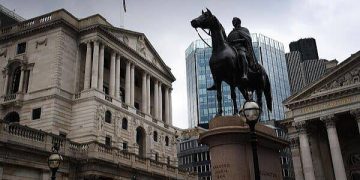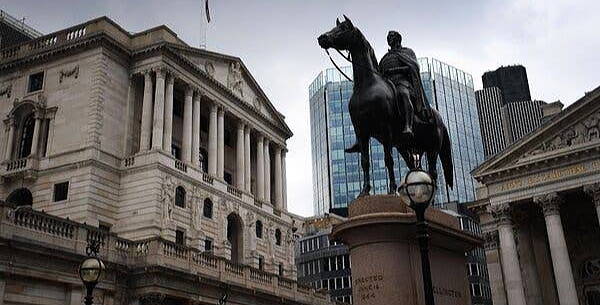By John Ikani
The Bank of England (BOE) has raised interest rates from 1.75% to 2.25% – the highest level for 14 years – and warned the UK may already be in a recession.
It is the Bank’s seventh rate rise in a row as it tries to tame soaring prices.
The central bank had previously expected the economy to grow between July and September but it now believes it will shrink by 0.1%.
The BoE move follows the U.S. Federal Reserve’s decision on Wednesday to raise its key rate by three quarters of a percentage point, as central banks worldwide grapple with post-COVID labour shortages and the impact of Russia’s invasion of Ukraine on energy prices.
“Should the outlook suggest more persistent inflationary pressures, including from stronger demand, the Committee will respond forcefully, as necessary,” the BoE said, using a similar form of words to previous months for its policy intentions.
With Thursday’s move, the Bank of England has already raised borrowing costs for business and consumers back to levels last seen in 2008 in a bid to take the heat out of inflation that continues to hover just below 10%.
Like most of its major peers, the central bank is having to weigh the need to prevent price rises getting out of hand and the damage caused by aggressive rake hikes.
Some economists believe the UK economy is already in a recession, and the Bank of England shares that view. It forecast UK GDP to decline by 0.1% in the third quarter, partly as a result of the extra public holiday for the Queen’s funeral. GDP fell by that much in the second quarter.




































